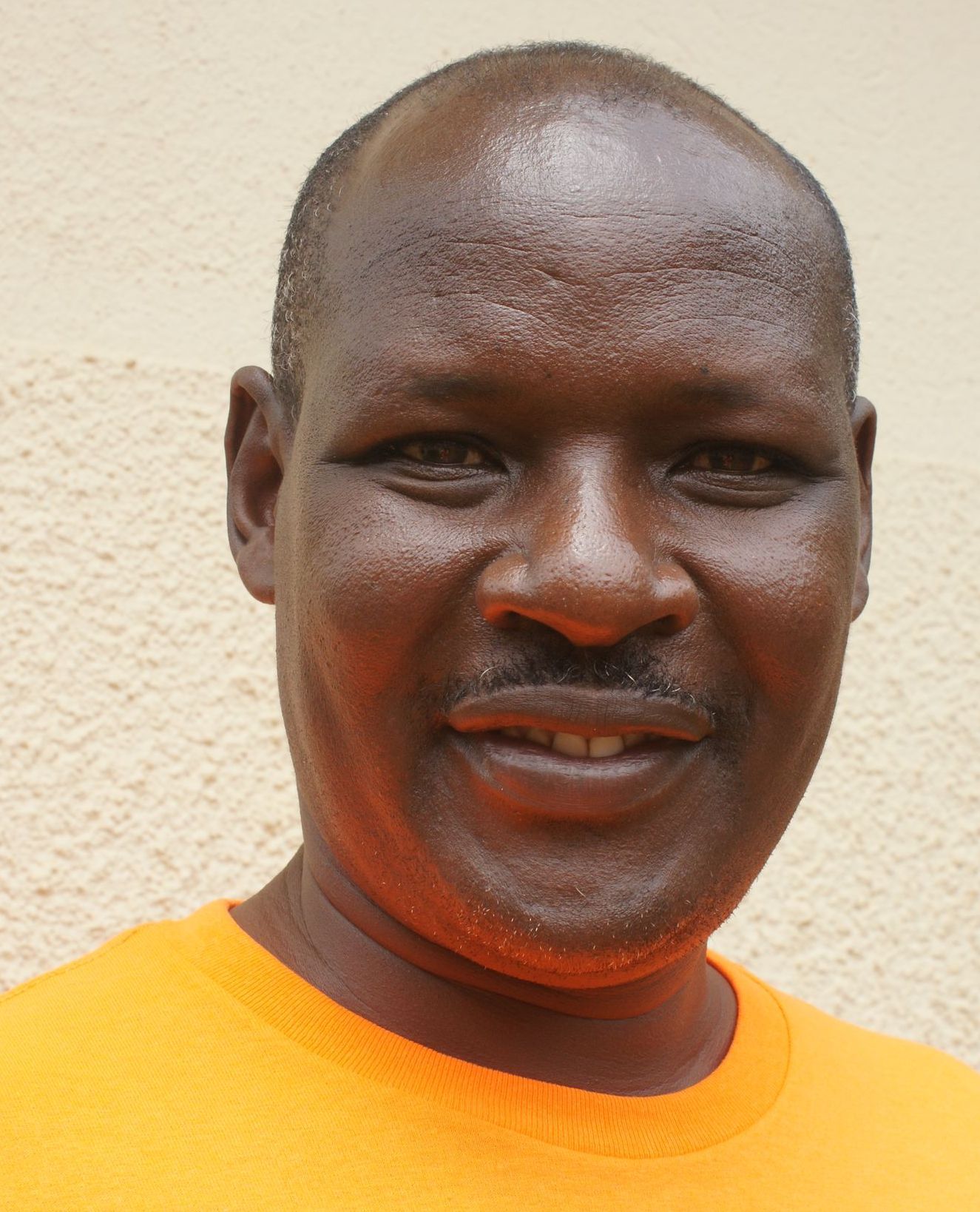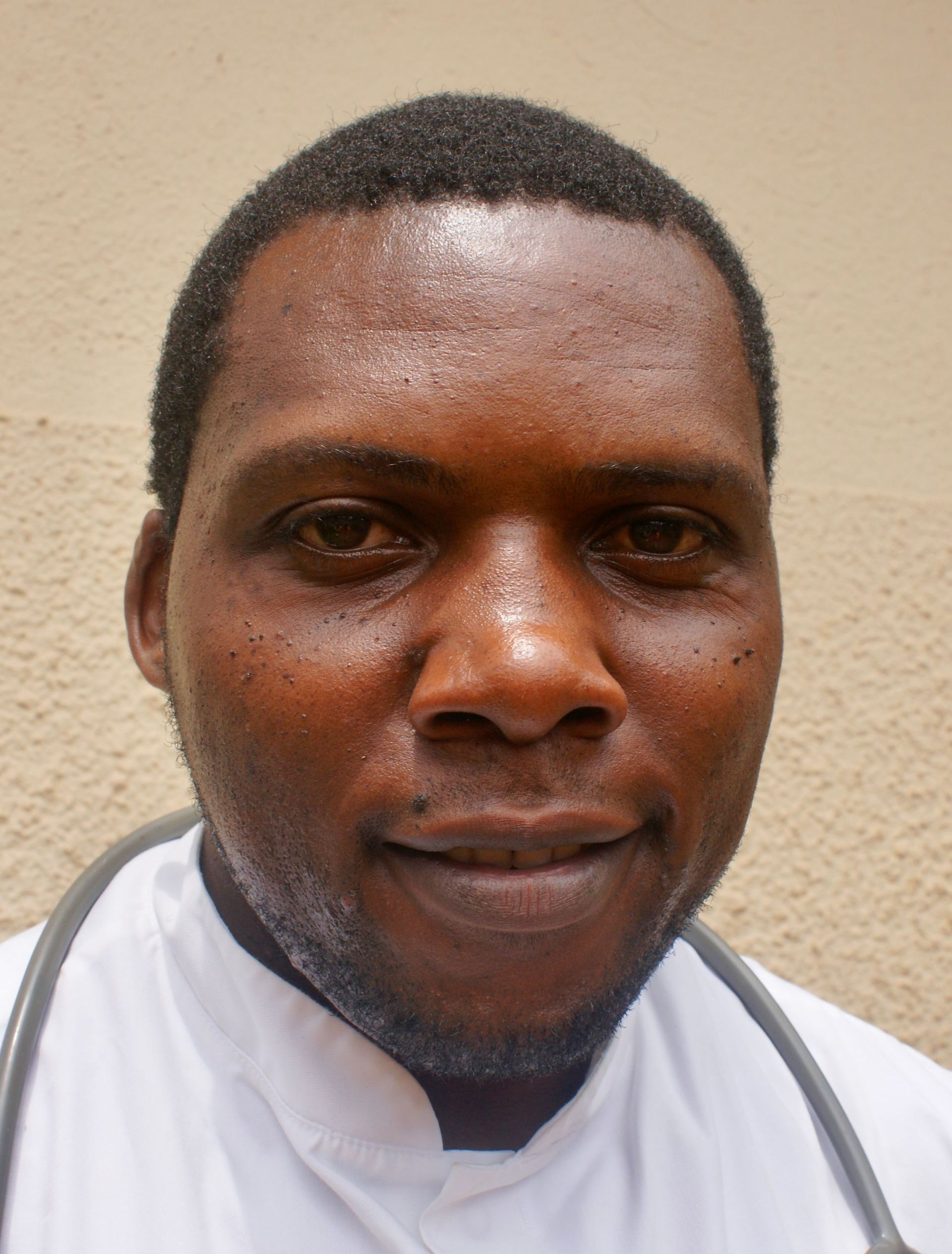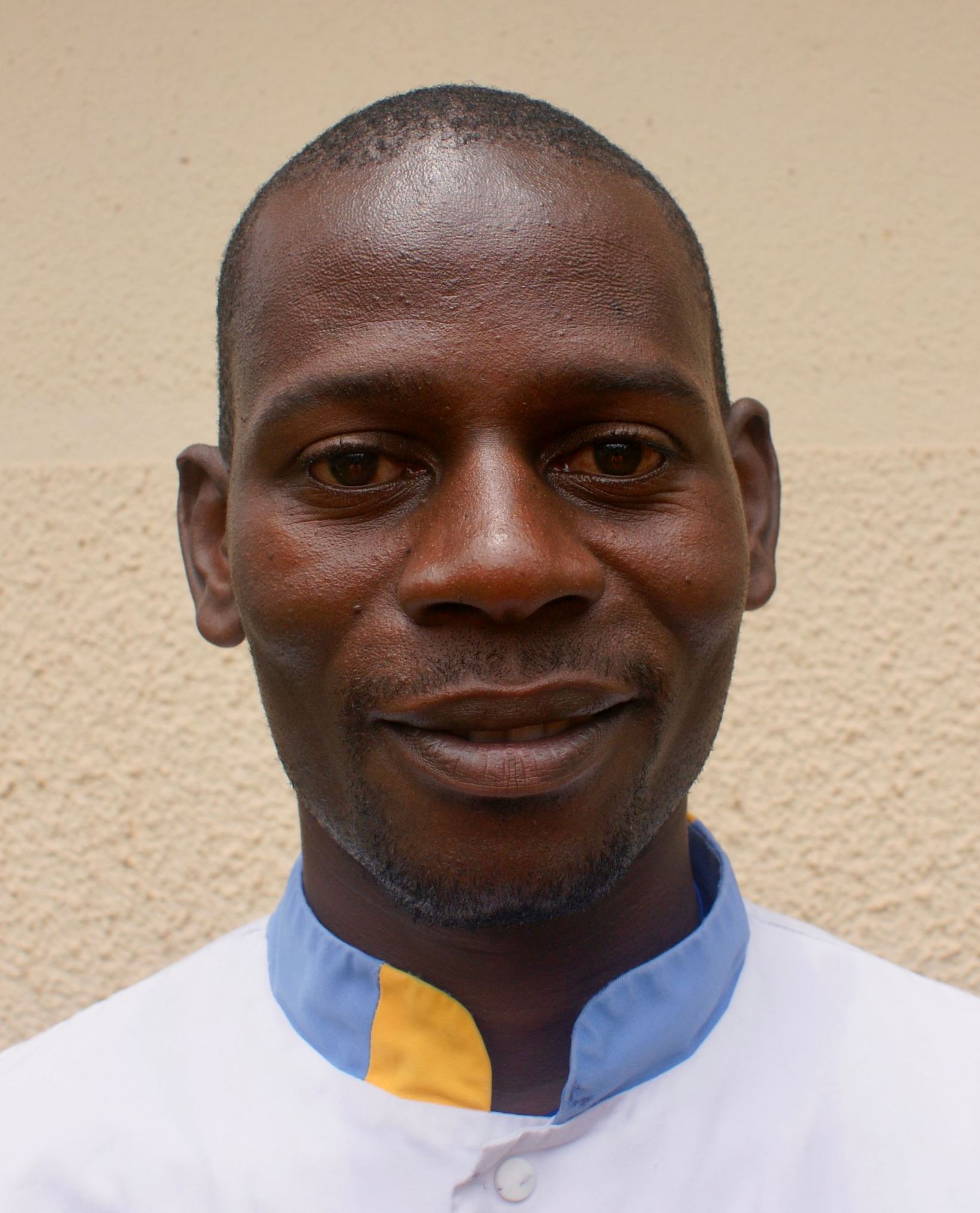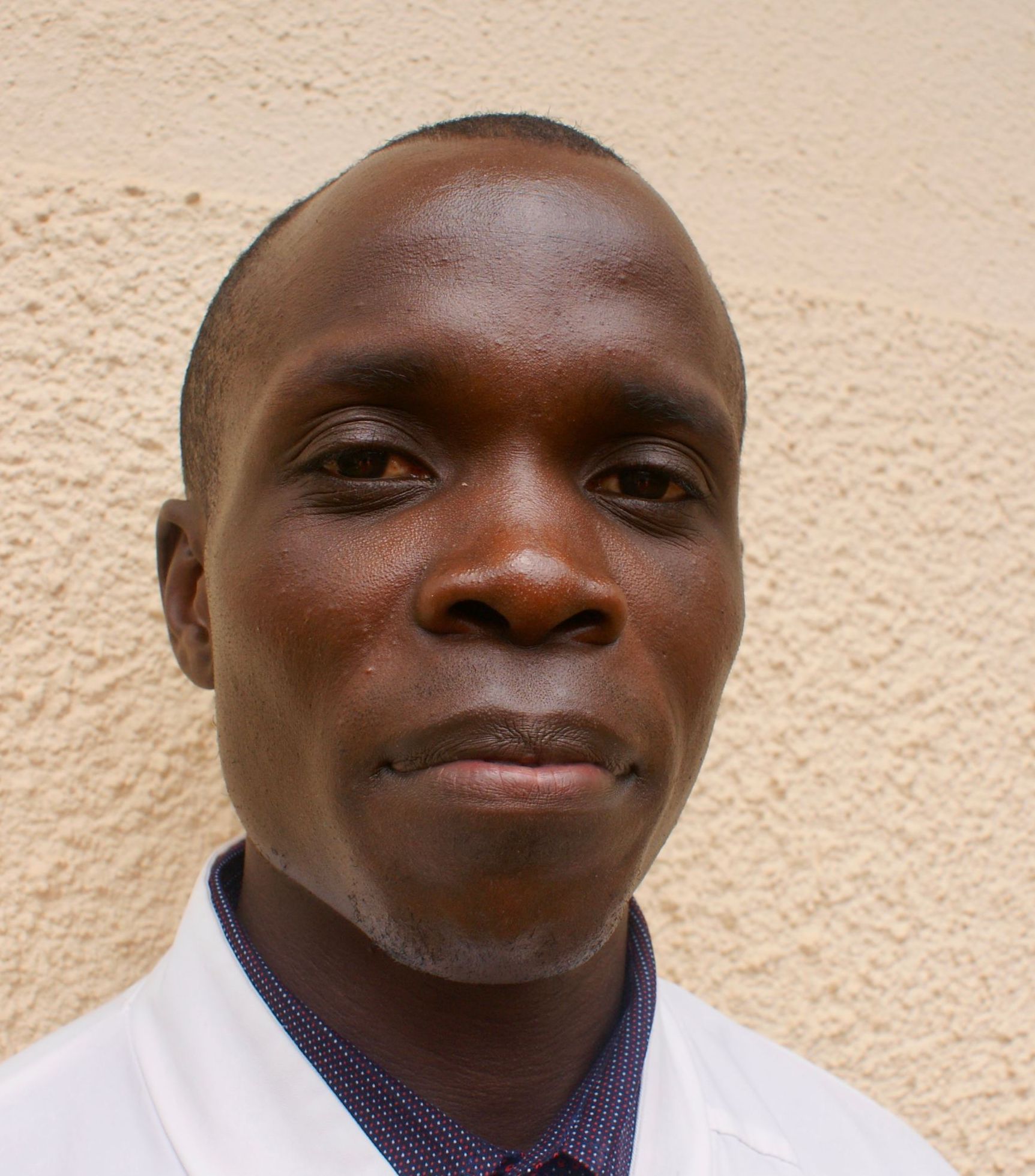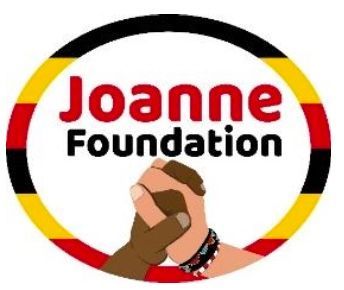Ndegeya Community Clinic
General
In Uganda, healthcare disparities between urban and rural areas remain a significant challenge. Rural communities often lack essential medical services, which increases health inequities and affects the well-being of millions. Addressing these disparities is crucial for fostering a healthier, more equitable society.
The Current State of Healthcare in Rural Uganda
Rural Uganda faces a severe shortage of healthcare facilities, professionals, and resources. Many villages have limited access to clinics or health centers, and those that exist are often under-equipped and understaffed. According to a report by the Ministry of Health, over 70% of Uganda's population resides in rural areas, yet these regions are served by only 25% of the country's healthcare infrastructure.
The Importance of Basic Diagnosis
Basic diagnostic services are foundational to effective healthcare. In rural areas, the absence of proper diagnostic tools and trained personnel leads to misdiagnosis, delayed treatment, and increased mortality rates. Common ailments such as malaria, respiratory infections, and diarrheal diseases are frequently left untreated or improperly managed, compounding public health issues.
For instance, malaria remains one of the leading causes of morbidity and mortality in Uganda. Without access to accurate diagnostic tests, patients often receive incorrect treatments, contributing to drug resistance and poor health outcomes. Ensuring that rural clinics are equipped with basic diagnostic tools, such as rapid diagnostic tests (RDTs) for malaria, can significantly improve patient care and reduce disease prevalence.
The Distance Barrier to Urban Hospitals
One of the most pressing challenges for rural Ugandans is the distance to well-equipped hospitals located in urban centers. The average distance to the nearest hospital can be over 20 kilometers, with some communities being much farther away. For those in need of urgent medical attention, such as pregnant women, accident victims, or those with severe infections, this distance can be life-threatening.
Transportation infrastructure in rural Uganda is often poor, with unpaved roads that become impassable during the rainy season. This makes traveling to urban hospitals both time-consuming and dangerous. The high cost of transportation further exacerbates the issue, placing a financial burden on already impoverished families.
The Role of Community Health Workers (CHWs)
Community Health Workers (CHWs) play a vital role in bridging the healthcare gap in rural areas. These individuals, often drawn from the communities they serve, are trained to provide basic health services, education, and referrals. CHWs can conduct home visits, administer vaccines, provide prenatal and postnatal care, and educate families on hygiene and disease prevention.
However, CHWs themselves need support, training, and resources to be effective. Ensuring that CHWs have access to essential medical supplies, ongoing training, and supervision is critical for maintaining a high standard of care. Programs that integrate CHWs into the formal healthcare system can enhance their effectiveness and ensure sustainability.
Ndegeya Community Clinic
For the people in the Ndegeya community it is often difficult to travel to the hospital in Masaka for every medical question or need they had.. The circumstances however were challenging and the demand was high. It was therefore decided that to be able to help the community thrive, proper medical care was to be given in a better location. In 2020 a new community clinic was built with a few separate rooms, a consulting room and a waiting room.
Currently a group of 75 elderly in the community are provided with their necessary basic medication. This is only possible through generous ongoing donations. As the clinic is operating and more and more people are coming to the clinic, this project is focusing now on the sustainable growth of the clinic and the tools for the staff to grow their knowledge and expertise. One of the exciting new tools that will help with the basic diagnosis is the mobile Butterfly iQ+ ultrascanner.
Internet access and the use of a computer would make running the clinic a lot better. A lot of services and tools that many people will take for granted are not yet available for this clinic.
The initial steps are complete with the establishment of a dedicated team in a suitable location. Now, we need to build on this progress, supporting the centre and its staff to grow, achieve self-sustainability, and continue to prevent, treat, and care for the patients in Ndegeya.



